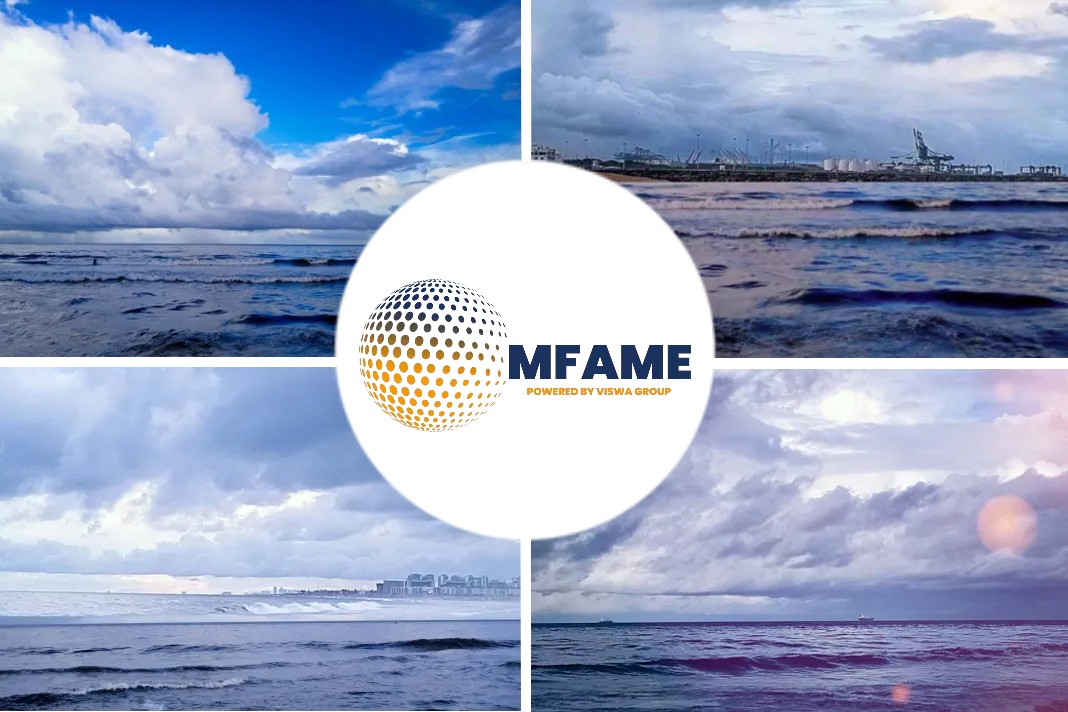 When all major economic indicators flash red, export stands out. But exporters now fear gloomy days after the sudden jump in fuel prices, says an article published in The Business Standard.
When all major economic indicators flash red, export stands out. But exporters now fear gloomy days after the sudden jump in fuel prices, says an article published in The Business Standard.
Spiked Freight Rates
Apparel entrepreneurs said they were already struggling to absorb Covid fallout, spiked freight costs, rising US Dollar and a fall in orders lately. The recent fuel hike will now cause “existential challenge” to them.
A Jump In Both Ways
Transport costs will jump both ways – bringing in imported raw materials to the factories from Chattogram port and sending the exporting items to the port again.
For example, carrying 12 tonnes of goods from Chattogram port to a factory in Dhaka now costs Tk15,000.
With the fuel prices surged to a historic high, the same consignment will cost Tk22,500.
Other Areas To Go Up
This includes higher freight fares and inflated cargo handling charges at the private off-docks, according to SM Khaled, managing director of Snowtex Group.
He also pointed out that other areas such as local raw material procurement and operating cost will go up further.
But the exporters will not be able to charge their western buyers for the additional costs.
Notifying Buyers
“We are now working on orders which we received at least four months ago,” Shovon Islam, managing director of Sparrow Group of Industries, told The Business Standard.
“However, we are sending emails to the buyers notifying them about the fuel price hike,” he added.
A Major Concern
Apart from shipping goods, apparel-makers have another major concern amid the scheduled power cuts – keeping the production units up and running.
Currently, most of the apparel manufacturers are facing a six-hour blackout per day.
During the power outage, they use diesel to run the power generators as cheap gas is not available too.
Hiked Production Cost
“If the situation continues, each piece of garment item will see a 5% production cost hike.
But exporters often do not have such a profit margin to accommodate that much cost hike,” Shovon added.
Panic Situation For Investors
Al Shahriar Ahmed, managing director of Adzi Trims Ltd, said a single piece of garment now comprises accessories and packaging up to 17% of the total production cost.
The fuel price hike will add 1%.
Shahriar, also a director of Bangladesh Garments Accessories and Packaging Manufacturers and Exporters Association, also said the fuel price hike will also panic the potential investors.
Falling Orders
FazlulHoque, managing director at Plummy Fashions Ltd, the greenest knitwear factory of the world, said the falling orders has already escalated the production cost.
He said the latest fuel hike will increase production cost at least by 25%.
Import too braces for a hike
The fuel price hike will raise import cost by at least 40%, traders estimated.
Private inland container depot (ICD) owners said they are going to raise off-dock container handling charges by 42% from Friday night.
Bangladesh Inland Container Depot Association (Bicda) will slap the new charges.
Rise In Charges
Bicda President NurulQayyum Khan told TBS that there are no scopes but to increase the ICD charges.
Meantime, cargo transport from ports by smaller vessels through the waterways is going to be costlier too, as ship owners have decided to increase the lightering fare.
Raising Transport Fare
Although it is not clear how much the jump will be, sector people hinted at raising the fare at the same rate of fuel hike.
Chowdhury Zafar Ahmad, secretary general of Bangladesh Covered Van, Truck, Prime Mover Goods Transport Owners Association, told TBS that despite the fuel price hike last year by Tk 15 per litre, they could not increase the transport fare.
“This time, we have decided to increase the fare by 50%.
This decision was taken today [Saturday] in a meeting. This fare will be effective from 7 August,” he added.
Did you subscribe for our daily newsletter?
It’s Free! Click here to Subscribe!
Source: The Business Standard
















